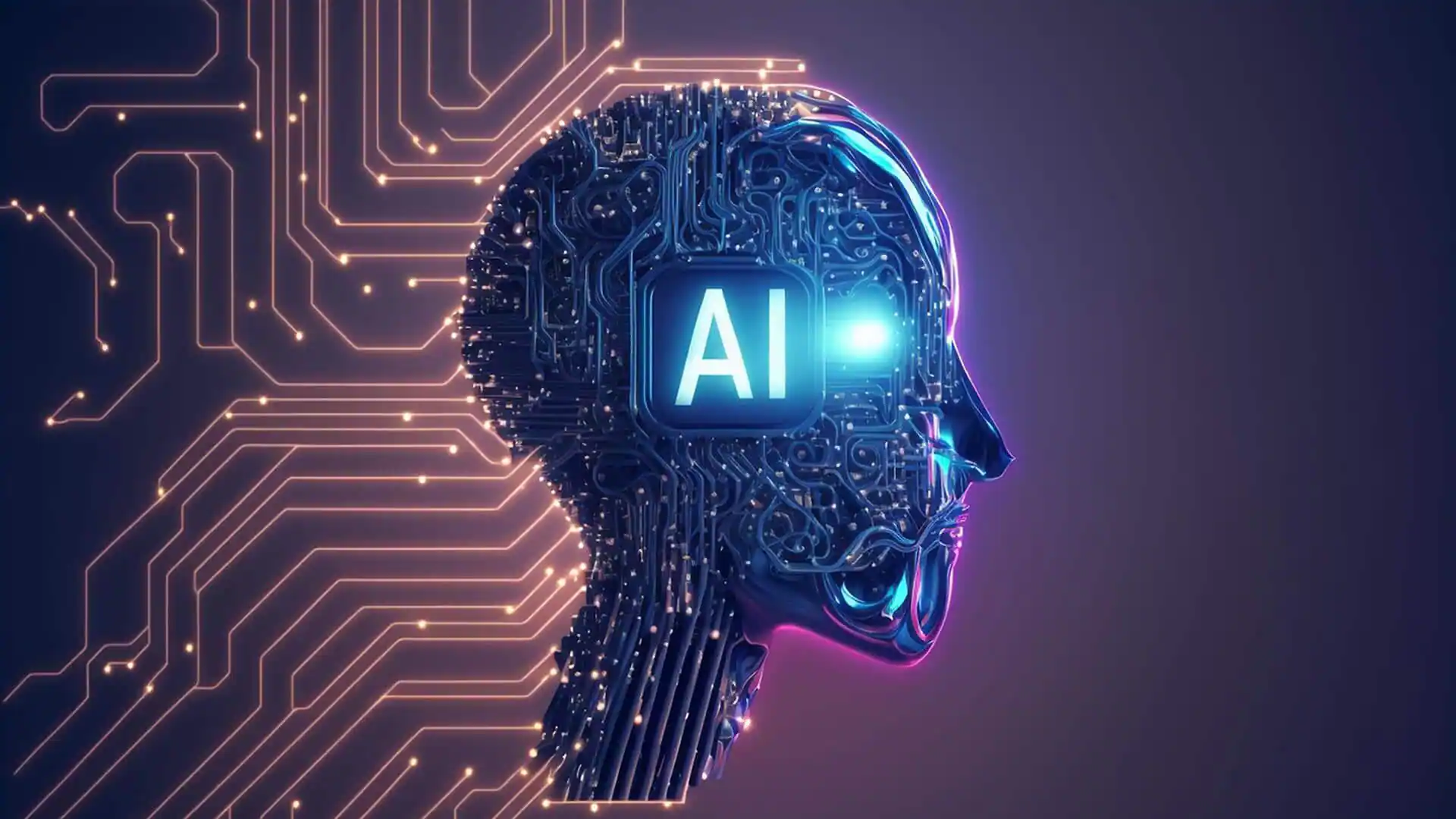By Mudit Dube
Copyright newsbytesapp

A team of scientists has developed a groundbreaking artificial intelligence (AI) tool capable of predicting an individual’s risk for over 1,000 diseases. The innovative system, dubbed Delphi-2M, can also forecast health changes a decade in advance. The research was published in the journal Nature and highlights the potential of generative AI to model human disease progression on a large scale. Delphi-2M uses algorithmic concepts similar to those used in large language models (LLMs). The tool predicts the likelihood of developing diseases such as cancer, diabetes, heart disease, and respiratory disorders. It analyzes medical events in a patient’s history—like diagnosis dates—and lifestyle factors such as obesity status, smoking or drinking habits, age, and sex. The AI was trained on anonymized patient data from two healthcare systems: UK’s Biobank study with 400,000 participants and Denmark’s national patient registry with 1.9 million patients. The AI tool predicts health risks as rates over time, much like weather forecasts. Ewan Birney, EMBL’s interim executive director, said patients could benefit from this tool within a few years. He envisions a future where clinicians use such tools to identify major health risks for patients and suggest lifestyle changes to mitigate them. This would be a significant step toward personalized healthcare and disease prevention strategies. Birney also highlighted Delphi-2M’s edge over current risk assessment methods like Qrisk. He said the new AI tool can assess multiple diseases at once and over a long time period, something single-disease models can’t do. The team behind Delphi-2M said it predicts disease rates based on an individual’s past disease history with accuracy comparable to existing single-disease models. Prof. Moritz Gerstung from the German Cancer Research Center, said Delphi-2M is a step toward understanding human health and disease progression in a new way. He believes generative models like this one could eventually help personalize care and anticipate healthcare needs on a large scale. This highlights the potential of AI tools like Delphi-2M to revolutionize healthcare by predicting individual health risks and enabling proactive measures.



